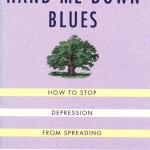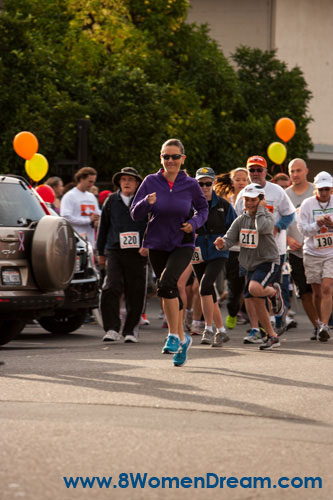Sometimes fitness dreams suck.
Getting ready for a race creates an amazing anticipation. The excitement of looking forward to the event, knowing all your hard work is about to be put to the test.
The closest feeling I can compare it to is the anticipation before a big trip. Something you’ve planned for a long time.
You are ready, packed and have prepared. In just a few hours your race will start. In just a few hours, your race will be complete.
And now it’s over.
The joy of the experience is more fleeting than I expect it to be. In some cases this feeling has been to the point that the event itself felt surreal. The fatigue sets in and the endorphin’s are long gone.
I know I’m not alone in this.
This is a common issue for triathletes, and anyone who has participated in an event that has taken a lot of time to prepare and plan.
The question you start asking yourself is exactly the same that other people will ask you as soon as you tell them you just did a race:
“What now?”
Major events have a way of being all consuming, a central focus in our lives. We don’t even realize the amount of energy expended to get us to those goals.
The truth is that there is more to race recovery than eating protein and icing your knees.
The day after the race I started feeling a major letdown. Physically I felt alright, which is a little frightening when I look back on the issues I had during the race.
My post race depression started showing up the day after the race. I had no immediate desire to train, no desire to sign up for another similar race.
Recovery is harder when it’s mental
Sluggish, lazy and completely unmotivated.
My training plan was set for a recovery week, I knew what I should be doing to keep moving. I had no plan for any type of mental recovery.
This was my first experience with a race of this distance. When I finished my previous Sprint Triathlon races, I was rearing to go. I was signing up for my next race within a few hours of crossing the finish line.
This was the first time after a race that I told my husband “I’m not sure I’ll be doing this distance again.”
It took 48 hours before I even considered looking at future races.
Two weeks later and I might be ready
It took me this long to understand what I was going through was post race depression. Maybe I had too much on my plate to notice after my previous races. I was just surprised how much it hit me.
Muscles don’t let you forget how much you enjoyed using them.
The aches and pains start to set in from not moving. Your muscles start to feel twitchy from inactivity. I will admit that my mood and attitude tends toward bitchy when I am at this point.
I have signed up for a few small races coming in the next several months.
I haven’t signed up for my next triathlon. Yet.
My reality check will be the morning I wake up and know I can’t make it through the day unless there’s a swim or bike or run before I go to bed.
Post race depression is normal.
I am so happy to find this out. It felt too strange to feel like a slug after months of working out often and working out hard. Giving yourself a break after the race is on the agenda instead.
Here are some post race suggestions to help you get recharged.
Pick a “no guilt trip” zone
This is a time frame you choose to let yourself recover. It can be up to two two weeks, depending on the race length. The trick is that you can not feel guilty about taking time off from training. Go for a ride with your friends and keep the exertion to a minimum.
No training schedule. No hard workouts.
Getting back in the groove
After you are past your “no guilt trip” zone, get back in the groove. For me this means signing up for my next race. Having an event on the calendar means something to plan for.
While you are at it, make sure your support system is ready for you to kick back into training mode.
You know all those things you wanted to do when you were headed to the pool before dawn? Go for it! This is the time to try new cross training workouts like yoga, TRX or boot camp.
Bring on the training
You will know when you are ready to get back into your training schedule. The motivation of an impending race will be pushing you to naturally work harder at about 3 weeks after your race.
Letting the race cycle happen, including post race depression.
This my first real experience with a longer race. A race that was not a piece of cake.
Next time around, I’ve got the post race recovery planned a little better. And yes, there will be a next time.
What speep bump have you hit in your dream this week?
Go get your fit on – Heather

Heather Montgomery is a fitness writer, triathlete, and serial entrepreneur who is devoted to sharing what she has learned about becoming a triathlete after age 40. She uses her Metabolic Training Certification to help other women struggling to get fit in mid-life. She lives and trains in Santa Rosa, California, the new home of the Ironman triathlon. You can find her biking the Sonoma County wine trails.
Note: Articles by Heather may contain affiliate links and will be compensated if you make a purchase after clicking on an affiliate link.





